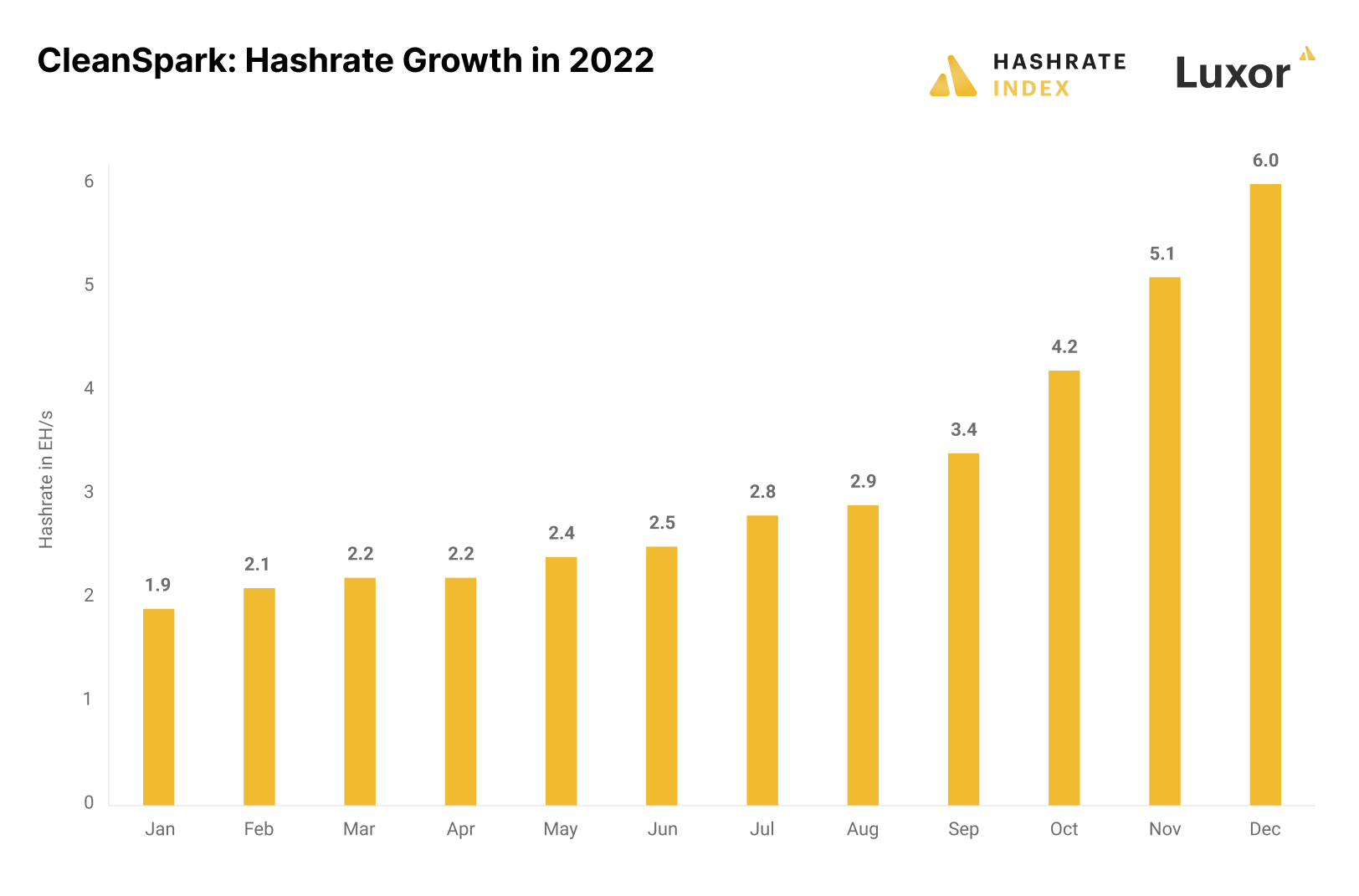Bitcoin miner CleanSpark has begun the second phase of operations at its mining campus in Washington, a city in the U.S. state of Georgia, reaching 8.0 exahashes per second (EH/s), halfway to its year-end target of 16 EH/s.
The second phase saw an investment of nearly $55 million in the site, including construction, infrastructure and machines. The facility, bought in August 2022 for $25.1 million, had 15,000 mining machines with a power capacity of 50 megawatts (MW). According to the company, the capital deployed expands its total power capacity to 86 MW.
“Today, it’s 50 megawatts of new power added on to the 36 megawatts we previously had constructed there. So, there’s 86 megawatts, or 12 times the load provided by the city,” said Matthew Schultz, CleanSpark’s executive chairman, during an investors’ conference on July 13.
According to Schultz, the city of Washington has seen its annual budget almost double year-over-year as a result of the company’s collaboration with city officials and the community. “The city becomes our utility, and rather than compete with ratepayers for power, we agreed to buy power from the city at a cost-plus level,” he explained, adding that the town had a budget last year of about $16 million. “Their annual city budget this year is over $30 million.”
CleanSpark has pushed an aggressive expansion plan despite the current bear market. Last month, it purchased Bitcoin mining facilities in Dalton, also in Georgia. The campus will house 6,000 Antminer S19 XPs and S19j Pro+s, which are expected to add about 1 EH/s to its hash rate. “Georgia has been a terrific opportunity for us because it’s predominantly nuclear power and Georgia is a net exporter of power,” said the chairman.

The company has also invested over $150 million in building its computer power infrastructure in the past months. According to Schultz, the strategy was initially drafted in November 2021, when a number of Bitcoin
Go to Source to See Full Article
Author: Ana Paula Pereira
